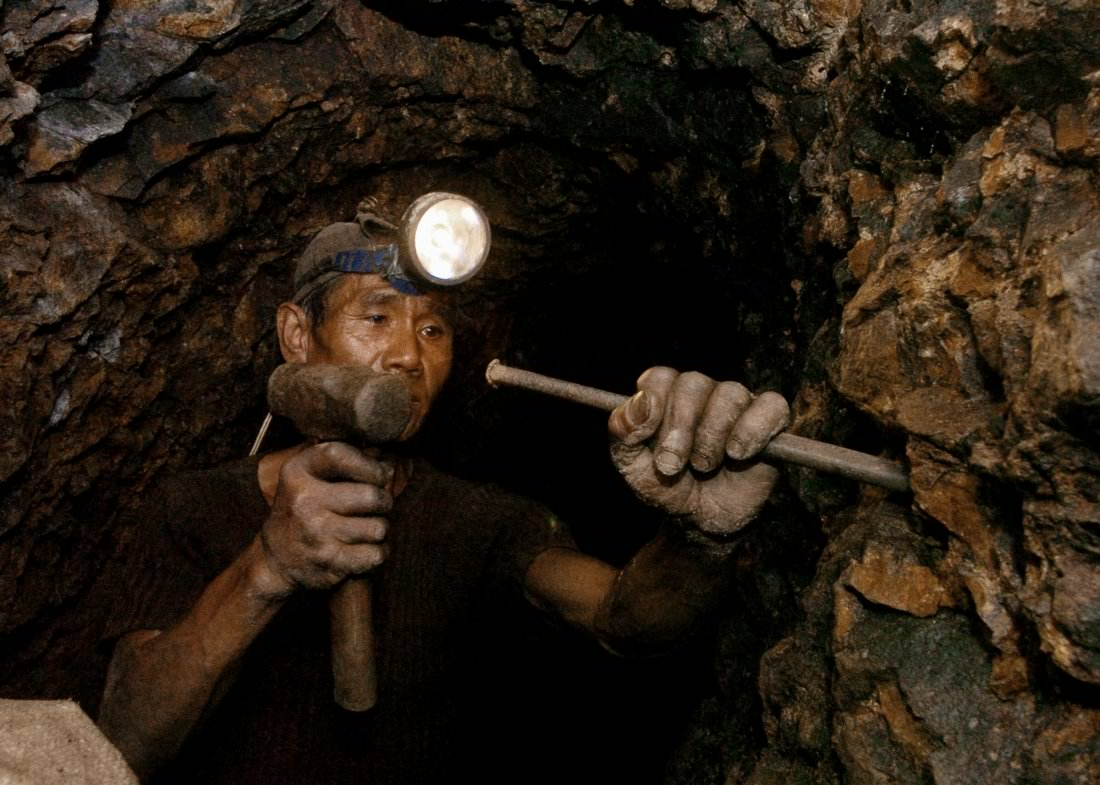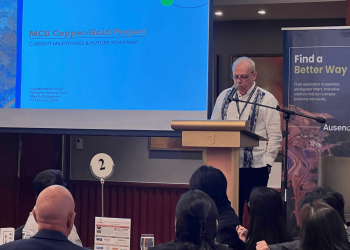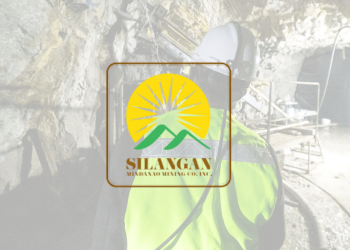The Joint Foreign Chambers (JFC) has urged the House of Representatives to not proceed with its several pending bills on mining-free zones, underpinning that it seeks to alter the Mining Act and would only create inconsistencies with the Philippine Constitution.
In an article by Malaya, the proposed bills are HB 5790, Biliran; 5789, Davao City; 6012, Cagayan de Oro City; 6011, North Cotabato; 4387 in Kibungan, Benguet; 5301, Southern Leyte; 6405, Palawan (third district); 5086, Davao Oriental and; 6336 and 6384 in Marinduque province.
JFC has issued a statement addressed to Rep. Arnel Ty, chairperson of the House Committee on Natural Resources, saying that the proposed laws seek to modify the Philippine Mining Act of 1995, Republic Act No. 7942 (Mining Act), instead drawing more negative press on promoting mining as a ‘viable and stable’ industry.
“It is our position that the House bills are inconsistent with the Philippine Constitution and the Mining Act and should not be considered and approved by Congress,” JFC said.
In JFC’s assessment, the RA No. 7942 of 1995 is enough to resuscitate the industry, reiterating that the legal mining structure has opened the doors to potential developers of mining projects and is considered to be a model policy framework for sustainable development. In comparison to other mining laws in countries such as the UK, US, Canada, and Australia, the Philippine Mining Act is among the best in the world.
Moreover, the group also included a number of pointers on the benefits of mining, like the job opportunities, community and livelihood development, and a sustainable ecological and economic improvement, all under the country’s existing constitutional and legal policies.
The JFC said that 30 percent of the Philippine land area with a total of 9 million hectares has high mineral potential. There are only a total of 60,000 hectares — 0.2 percent of the total land mass of the entire Philippine archipelago — being used by existing operating mines. That small percentage of actual mining coverage equates to a little over a third of the total land area of Quezon City.
But for such a small industry, the group stressed, miners contribute almost one percent of GDP, especially in the Surigao and Palawan provinces, where mining operations are significant, the contribution to the local economies are substantial.
“The Fraser Institute of Canada has ranked the Philippines in the top 10 countries most attractive for mineral development based on mineral potential alone. However, the country ranks within the bottom 10 least attractive locations for international responsible mining investments because of policy and bureaucratic obstructions and the lack of government support for mineral development,” the JFC said.
Furthermore, the JFC stressed that legal challenges delayed enacting the Mining Act for a decade and it was only in 2005 that the Supreme Court passed the law as constitutional. Under the Mining Act, foreign investors can enter into Financial and/or Technical Assistance Agreements (FTAA) and be granted permits for exploration and mineral processing, Manila Bulletin reports.
While this is meant to sustain the significant growth in the industry, with several of the largest mining firms in the world has taken genuine interest to invest in the country, it has since dwindled when the previous administration in 2012 has imposed an official moratorium on new mining applications.
Because of this, the group said there is a need to revive interest by providing for a more stable investment environment for the industry, recommending that the current legal mining structures be respected and implemented without further supplementary amendments by the House.
The Joint Foreign Chambers of the Philippines is a coalition of the American, Australian-New Zealand, Canadian, European, Japanese, Korean chambers and Philippine Association of Multinational Companies Regional Headquarters Inc. (PAMURI). It represents over 3,000 member companies engaged in over $230 billion worth of trade and some $30 billion worth of investments in the country.














